 EMERGENCY SERVICES EXERCISE FIRE ON SHIP WITH BRITTANY FERRIES
EMERGENCY SERVICES EXERCISE FIRE ON SHIP WITH BRITTANY FERRIES An exercise, named Exercise Auger, will test the emergency services response to a fire at sea between Cherbourg and Poole on Wednesday, 14 May. The exercise will involve the Brittany Ferries ship, MV Cotentin, which will report a fire via a distress call on marine band radio. The ships captain will request firefighting assistance.
This exercise is designed to deploy the Maritime Incident Response Group (MIRG) by Coastguard helicopter to a seagoing vessel. Other organisations involved will include the Maritime and Coastguard Agency (MCA), Hampshire, Dorset and East Sussex Fire and Rescue Services, Poole Harbour Commissioners and Brittany Ferries.
There are fifteen MIRG teams who provide cover for the United Kingdoms coastline for incidents involving fires, hazardous materials and industrial accidents. After initial alerting by the MCA, MIRG personnel respond to pager messages and ensure they are equipped and ready to fly within 60 minutes. The MIRG are all volunteers who, in addition to learning practical ship firefighting are trained in water sea survival, helicopter underwater escape, helicopter operations, winching and use of the extensive equipment provided by the MCA and Fire Service specifically for the MIRG.
Lee Fisher, Rescue Co-ordination Centre Manager at HM Coastguard, Lee-on-Solent says: We are delighted that Brittany Ferries have once again offered their vessel MV Cotentin as a platform to enable a multi-agency exercise to test our local MIRG call out procedures. The MIRG now forms an integral part of the United Kingdoms search and rescue response. Exercise Auger will ensure the local MIRG teams gain valuable experience and information regarding areas for improvement.
Group Manager Mick Johns of Hampshires MIRG team says: Regular exercises with other fire and rescue services, shipping companies, and emergency services allow us to test our training and offshore procedures. This gives us a better understanding of each others roles, which ultimately makes sea travel safer.
Thanks to the various agencies taking part in UK MIRG and exercises like this, the UK has the worlds most advanced procedures and plans for firefighting at sea. The Sea of Change project was formed to set up 15 MIRG teams to provide this response from strategic locations, one of these being Hampshire. Our thanks go to Brittany Ferries for allowing us to exercise onboard their ship.
MARITIME NOTE
Coast Guard to Hold “In Commission Special” Ceremony for First National Security Cutter


WASHINGTON, D .C. - The Coast Guard will hold a ceremony this Thursday, May 8, 2008 at 1:00 pm in Pascagoula, Miss., to acknowledge preliminary acceptance (delivery) and “In-Commission Special” status of its first National Security Cutter, BERTHOLF (WMSL 750). Not to be confused with a Commissioning, Thursday’s event is meant to recognize the importance of reaching this milestone and to formally transfer the cutter to a Coast Guard crew. “In Commission Special” status begins when the Coast Guard crew takes possession of the vessel. It then enters a post-delivery period of approximately 22-24 months, during which crew training, operational evaluation and certification, and regularly scheduled maintenance availabilities will occur to ensure it meets all performance and operational requirements.
Preliminary acceptance is a major milestone in BERTHOLF’s transition to full operational status in the Coast Guard’s fleet and represents transfer of ownership of the National Security Cutter to the Coast Guard.
The 418-foot BERTHOLF, lead ship in the new Legend-class of cutters, is designed to be the flagship of the U.S. Coast Guard’s modern fleet. Capable of executing the most challenging maritime safety and security missions around the globe, BERTHOLF is the first of eight NSCs planned to be built by the Coast Guard. A formal commissioning ceremony will take place on Coast Guard Day, August 4, 2008 in Alameda, Calif.
STCW Review - A Matter of Competency
May 7th, 2008 by bobcouttie
This week sees the International; Maritime Organisation’s Maritime Safety Committee,MSC, meet to oversee the most extensive review of the Standard of Training, Certification and Watchkeeping, STCW, convention for a dozen years. Much has changed in those dozen years and the review will focus on manpower, training and development, and more generally the human resource issues affecting the industry, but will it reach on meaningful global standards and, most importantly, seafarer competency?
It is the last of those that will prove a difficult nut to crack in a organisation that must operate through consensus. Imperfect though it may be, the IMO has done much good in it’s 60 year existence but seafarer competency may be beyond its reach.
The MSC included competency standards in its mandated reviews to be carried out by the STW subcommittee headed by the Jamaica Maritime Authority’s Admiral Peter Brady, but what does it actually mean? And how do manning agents and shipowners avoid liability for lack of competence?
As with other STCW requirements, competency standards will be interpreted at the local level by national administrations who decide what the ’standards’ mean, which makes ’standards’ a sort of Tweedledum-Tweedledee word that means what one wants it to mean.
Competency is the ability to carry out a set task to a set standard safely. It isn’t whether or not one can successfully pass a written or oral examination, but on whether one can do the job safely.
Possession of a certificate does not imply competency – the ability to carry out a task to a set standard safely. Even if one is competent at the moment one receives the certificate, it doesn’t mean one is still competent six months or a year later. And completing a refresher course onshore doesn’t mean one is competent onboard ship. Even those firms in the business of providing training at onshore facilities and various training products agree as much.
What matters is competency assessment, and that can only be done in the place of work, where the task is being carried out. One only has to consider The Case Of The Silent Assassin in which the officers, and the men who died, were appropriately certificated but incompetent when it came to enclosed space entry and rescue procedures. It was a pretty harsh form of informal assessment and fatal to two seafarers. Therein lies the problem for the industry. If a seafarer is assessed on board for a task he is already carrying out, and found to be less than competent, then there is a liability issue if that seafarer is killed or injured or if the ship comes to grief. Anyone familiar with maritime accident reports knows that most fatalities occur because either the victim, or someone else onboard, is not competent to do the task they are set and the truth is that too many companies simply don’t want to know whether or not those who man their ships are competent or not because then they might become legally liable for knowingly putting incompetent seafarers in way of danger. Until that issue is resolved it is unlikely that workplace competency assessment will gain much of a foothold in the maritime industry. The MSC review will cover a lot of territory: ECDIS familiarisation and other relatively recent technologies, the special circumstances of short sea shipping and the offshore industry, LNG training and the introduction of mandatory alcohol limits during watchkeeping and other shipboard duties, all of which is much needed and welcome. It implicitly recognises the danger of already questionable ’standards’ being further corroded as a result of the current manning shortages and says one of the aims of the review is to “ ensure that existing standards are not down?scaled and do not amend the articles of the Convention”.
Underlying all those fine efforts, of course, is a notional level of competency. Is the IMO’s MSC up to the challenge of introducing effective, onboard, assessment of competency? We’ll have to wait and see, but holding your breath is not recommended.
RS










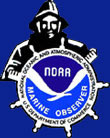





















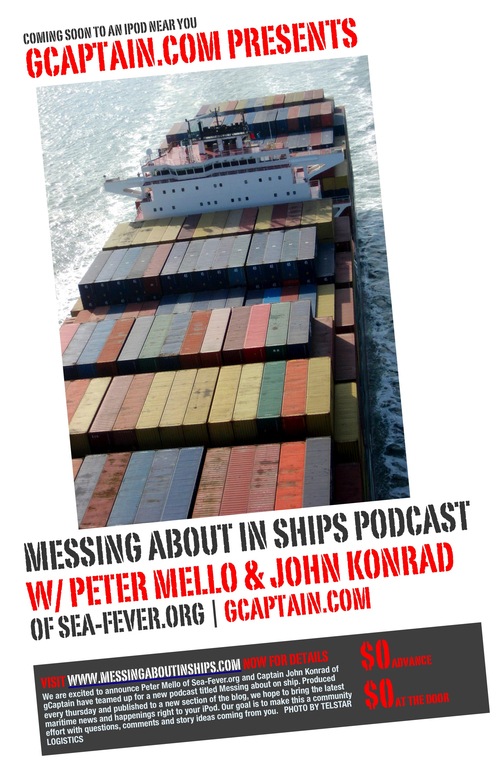




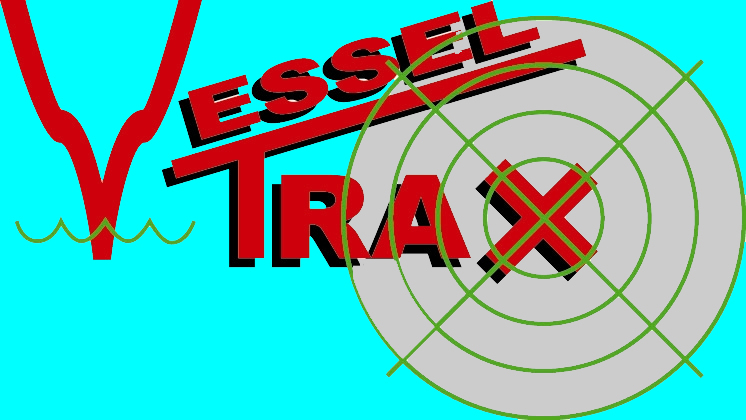



















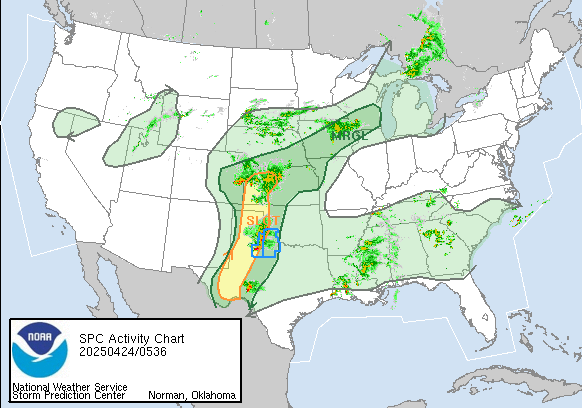
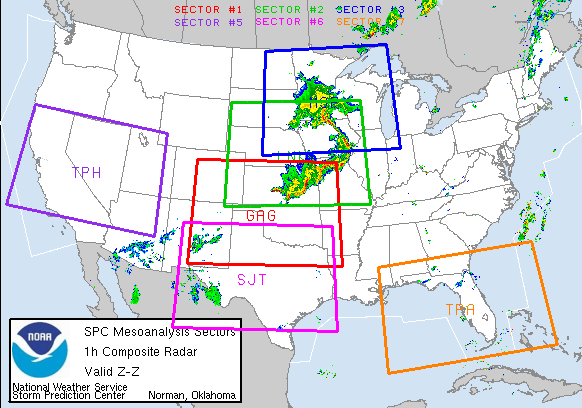





























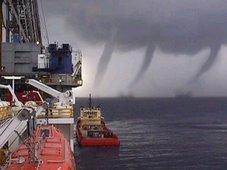
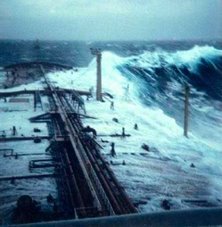
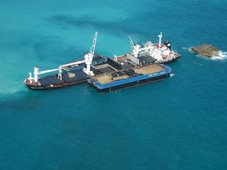
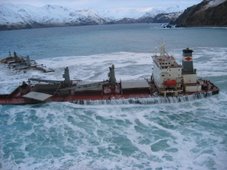
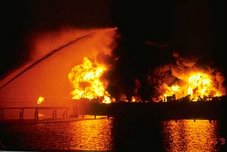
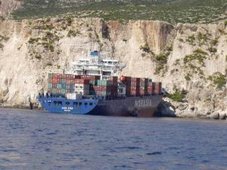
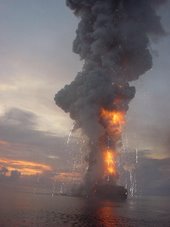



![Validate my RSS feed [Valid RSS]](valid-rss.png)